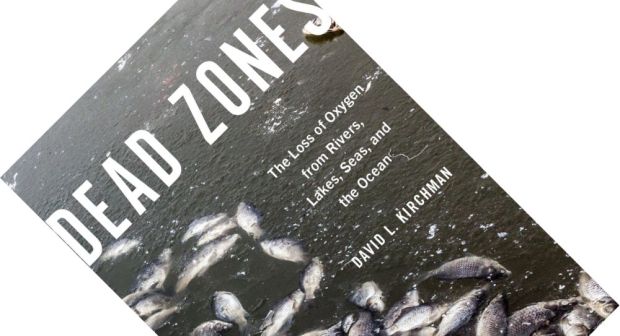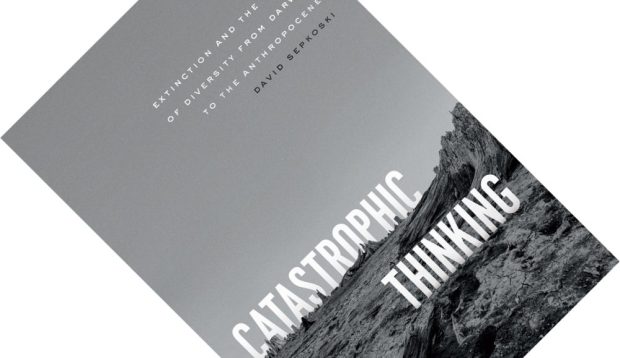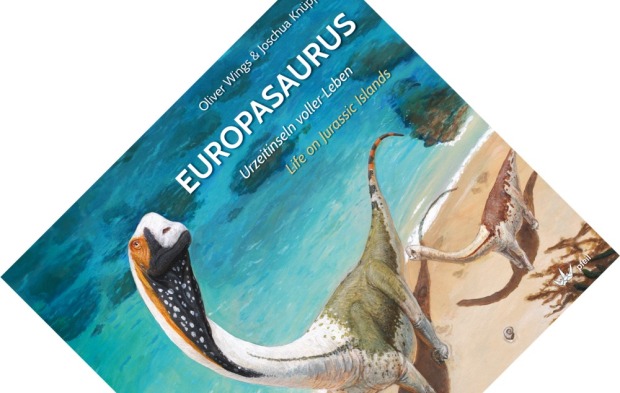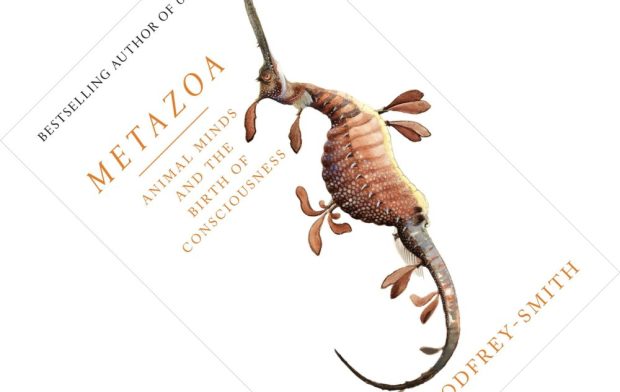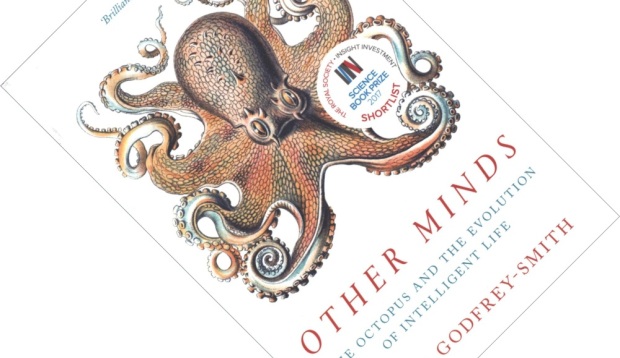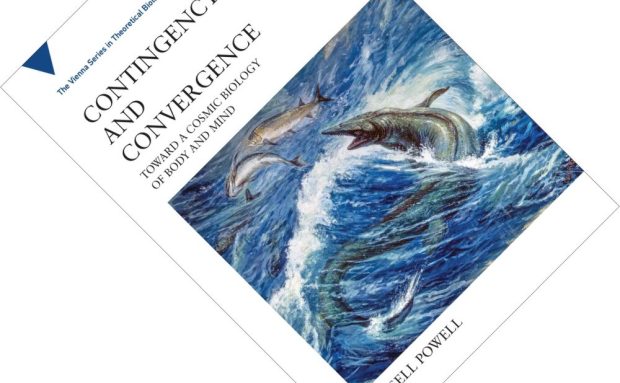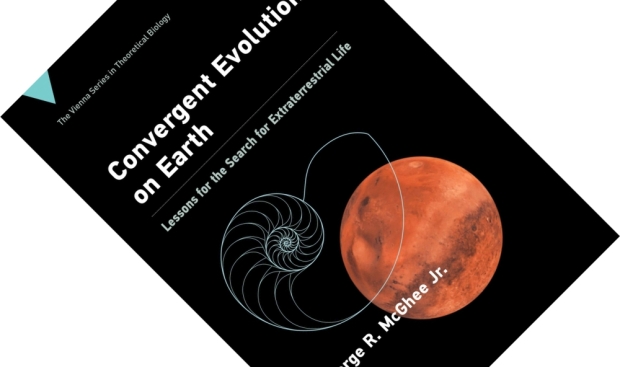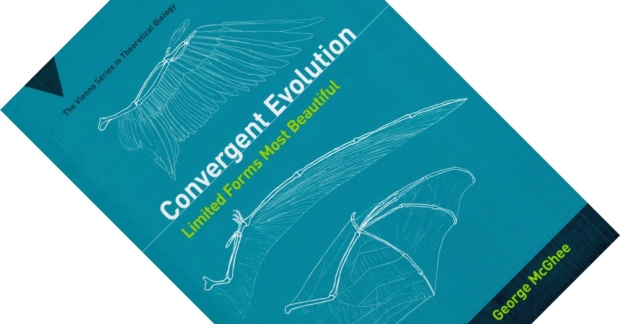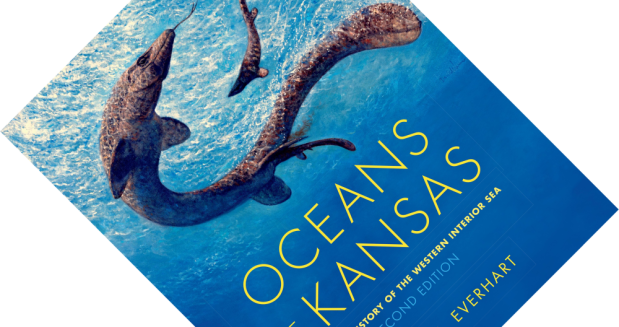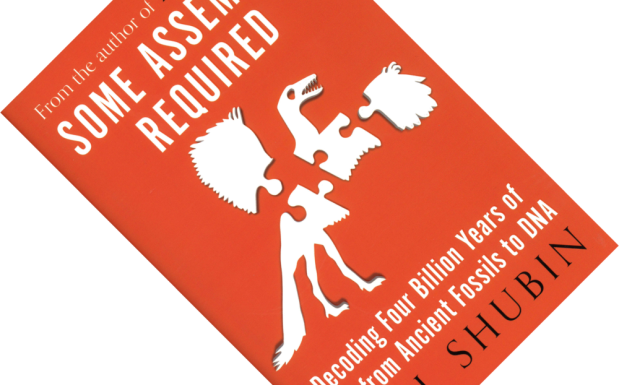6-minute read
Rivers and oceans are easily neglected when it comes to pollution. Out of sight, out of mind and all that. Except that the oceans do not forget. Of all the water pollution problems, oxygen loss is probably one of the more abstract ones. Even the words used to describe it, hypoxia and anoxia, will be meaningless to those without a background in biology. In Dead Zones, marine scientist and microbiologist David L. Kirchman provides a general introduction to the problem of oxygen loss and why it matters.

